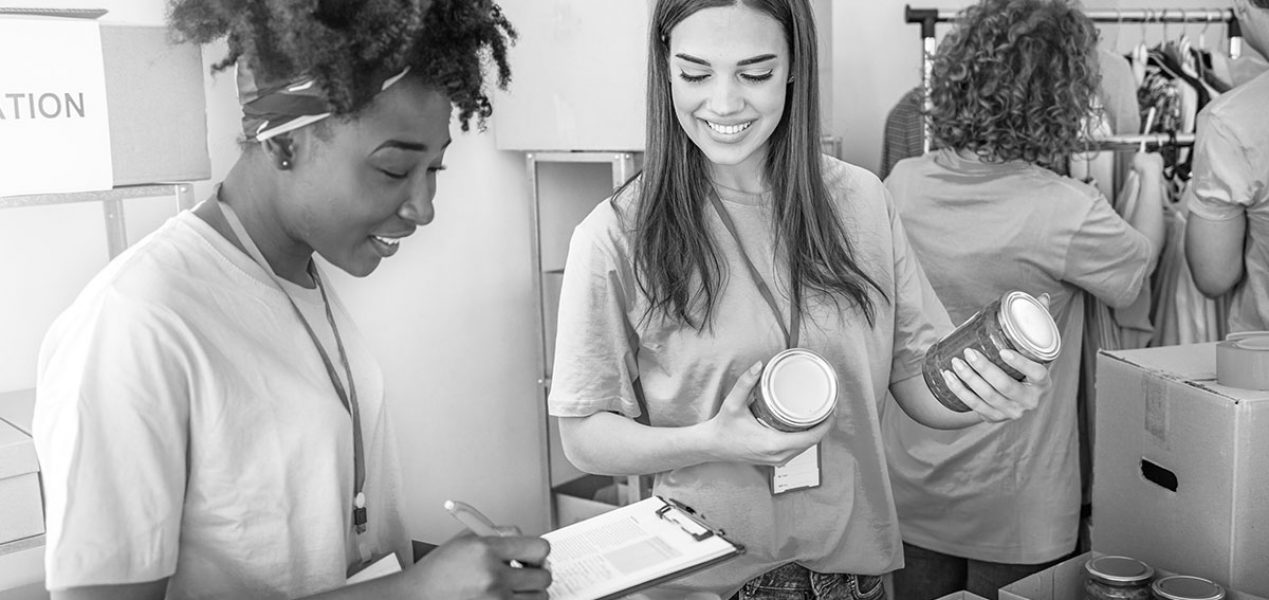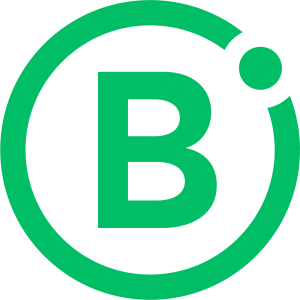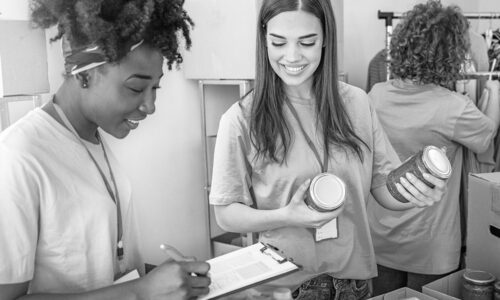Since 2005, every 20 December we celebrate International Human Solidarity Day.
The first celebration of this day came with the adoption of the SDGs – Sustainable Development Goals – to eradicate poverty, protect the planet and guarantee dignity for all.
A day to commemorate solidarity as a fundamental and universal human value.
In the midst of the crisis caused by the Covid-19 pandemic, we’ve seen a lot of initiatives appear.
Solidarity concerts to make the days more pleasant. Hand-sewn masks and donated food for health care workers are just some of the solidarity initiatives we have seen during the initial weeks of the state of alarm.
Associations, NGOs, and anonymous citizens have also been driving forces.
In honour of this day, we want to dedicate space on our blog to the project The Faces of Vulnerability, an initiative from the San Juan de Dios Social Project, which aims to provide aid to the unprecedented situations that the most vulnerable groups are facing due to Covid-19.
Our aim is simply to provide visibility to the massive effort of the volunteers and workers who have been – and still are – on the front lines providing support to the various groups that have been adversely affected by the pandemic.
Las caras de la vulnerabilidad
2020 has been an unprecedented year.
A year that has forced us all to hit the pause button and will, without a doubt, define a before and after in our lives and over the course of history.
The Faces of Vulnerability is the name of the San Juan de Dios initiative that collects testimonies, actions and support initiatives for the most at-risk.
The fact is that the pandemic has affected all levels of society by producing a global emergency.
With all that in mind, it is not hard to understand that individuals in vulnerable situations have been severely affected by this health crisis and its consequences.
Covid-19 has brought about new needs that the San Juan de Dios Social Project is trying to combat. To better understand the diverse realities and optimise resources, they have organised a program with four cornerstones that we explain below in greater detail. 
1.- Basic needs:
The food banks and other organisations that help address basic needs have been overwhelmed.
One of the goals of this program is to guarantee the availability of basic needs to all San Juan de Dios groups.
The aim of the program is to provide access to housing, food and hygiene for all San Juan de Dios people with few resources.
Aid is allocated to the purchase of basic, non-perishable food, food supplements for children, the purchase of hygiene products, and more.
2.- Building the “New Normal”:
Getting back to normal, as much as possible, is not an easy task.
And even more so when many support services have closed their doors or are limited in their actions due to social distancing.
This program aims to reactivate some of the basic support services such as therapy activities, workshops, or other treatments thanks to the adaptation of new spaces where these can take place while adhering to the necessary health and safety measures.
You can learn more about this initiative to build the new normal at the website.
3.- Biomedical research:
Multiple organisations are focused on finding a potential cure.
To be able to progress in the multiple lines of research and discover a treatment to combat the virus, SJD has focused its efforts on children’s natural physical response to fighting off Covid-19, implementing a research platform called “Kids Corona”.
The aim of this platform is to study the incidence and involvement of Covid-19 in children and pregnant women.
You can view the initial results from the Kids Corona study at its website.
4.- Emotional well-being:
The health crisis has had a massive impact on society’s mental health.
This emotional well-being program seeks to address the after-effects of the emergency thanks to the development of projects and initiatives that support individuals in situations of exclusion, individuals with mental health disorders and society in general.
The program includes initiatives such as accompanying the elderly and grief management programs.
To find out more about the Emotional Well-being program, visit the web page and start learning.
Grup Barcelonesa contributing company
Homeless individuals are one of the most vulnerable groups within this new reality we are living.
From the very start of the health crisis authorities have appealed to people to stay at home, but what do you do if you don’t have a home?
At San Juan de Dios, they work on various initiatives and with multiple residential centres to address all these needs and to help house people who are living in the streets.
At Grup Barcelonesa, we’ve replaced the design, production and distribution of the actions we usually work on at this time of year with collaboration on the project “The Faces of Vulnerability” to support this initiative for the emotional well-being of homeless individuals.
We believe that this is an era in which to look out for one another and to help, to the extent possible, those who need it most.
If you would like to learn more about this project you can visit the official website for the project The Faces of Vulnerability.


